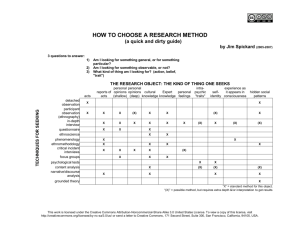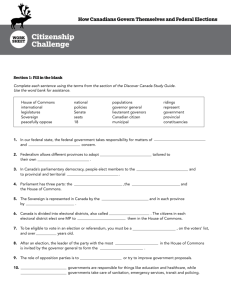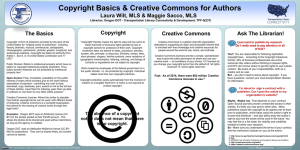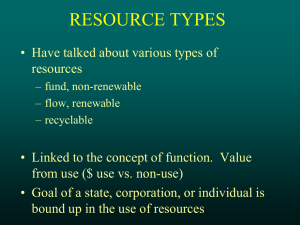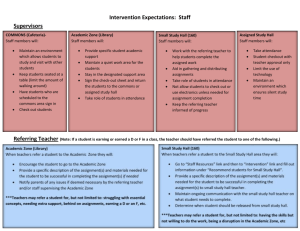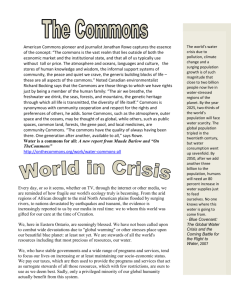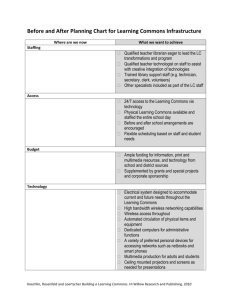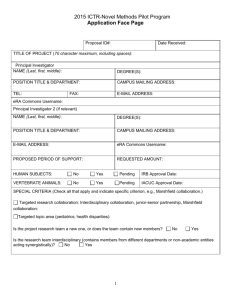Here's - Cooperation2015
advertisement
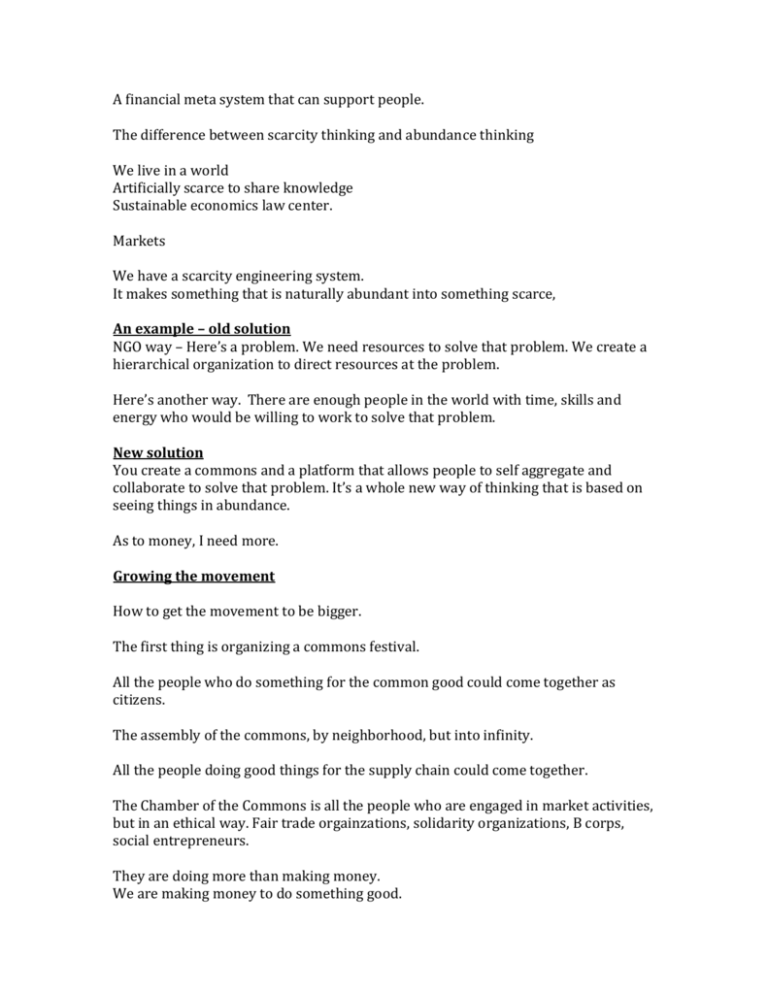
A financial meta system that can support people. The difference between scarcity thinking and abundance thinking We live in a world Artificially scarce to share knowledge Sustainable economics law center. Markets We have a scarcity engineering system. It makes something that is naturally abundant into something scarce, An example – old solution NGO way – Here’s a problem. We need resources to solve that problem. We create a hierarchical organization to direct resources at the problem. Here’s another way. There are enough people in the world with time, skills and energy who would be willing to work to solve that problem. New solution You create a commons and a platform that allows people to self aggregate and collaborate to solve that problem. It’s a whole new way of thinking that is based on seeing things in abundance. As to money, I need more. Growing the movement How to get the movement to be bigger. The first thing is organizing a commons festival. All the people who do something for the common good could come together as citizens. The assembly of the commons, by neighborhood, but into infinity. All the people doing good things for the supply chain could come together. The Chamber of the Commons is all the people who are engaged in market activities, but in an ethical way. Fair trade orgainzations, solidarity organizations, B corps, social entrepreneurs. They are doing more than making money. We are making money to do something good. The Chamber of the Commons There is a chamber of commerce. But there is no chamber of commons. To support whoever is advancing the agenda. It’s not just about doing stuff on our own. The labor movement created mutualities, insurances unions…but they reached 20% of the population in the 1930s. It took the welfare state to give that to the 100% of the people--- not in the United States but in Europe. (laughter) Disadvantage to the state doing that… Microeconomics of peer production In peer production people are freely contributing to a common good. So they are creating a commons through contributions. This is contributions creating a commons. At the core of this new value system is a community, a community of citizens cocreating a commons and by creating a commons they create a community. This is the core of the value creation in these new systems. The commons is around information, knowledge everything that can be copied easily and cheaply. Commons is not a market. Around it, there are a lot of services that need to be performed but my labor can be paid. You can pay me because you need that service. Theres a whole economy that grows around the commons. What we need there… generative capital vs extractive capital. New property and governance forms emerging in the United States - main laws of the commons. “Generative capital that co-creates value for the common good and extractive capital that broadly impoverished the common good.” What is Facebook worth without 2 billion people exchanging information on it? Nothing? Who makes the money? Facebook. How much do they give back to the people generating capital for them? Nothing. (Jean) we get to use it to connect… There is some non-monetary value --- no exchange vale. We create livelihoods . We need to create an ethical economy. Example The Wikimedia Foundation.. Solidarity Cooperatives for social care… in Quebec They are publicly funded – common good institutions. they are multistate governed and they produce social care. When they reach a scale of 140 people they have to create a new one. We don't need hierarchy anymore to coordinate. A New society Civic society is at the core because it has become productive It creates value by the citizens contributing to the commons. What’s needed— An ethical economy and a partner state.
